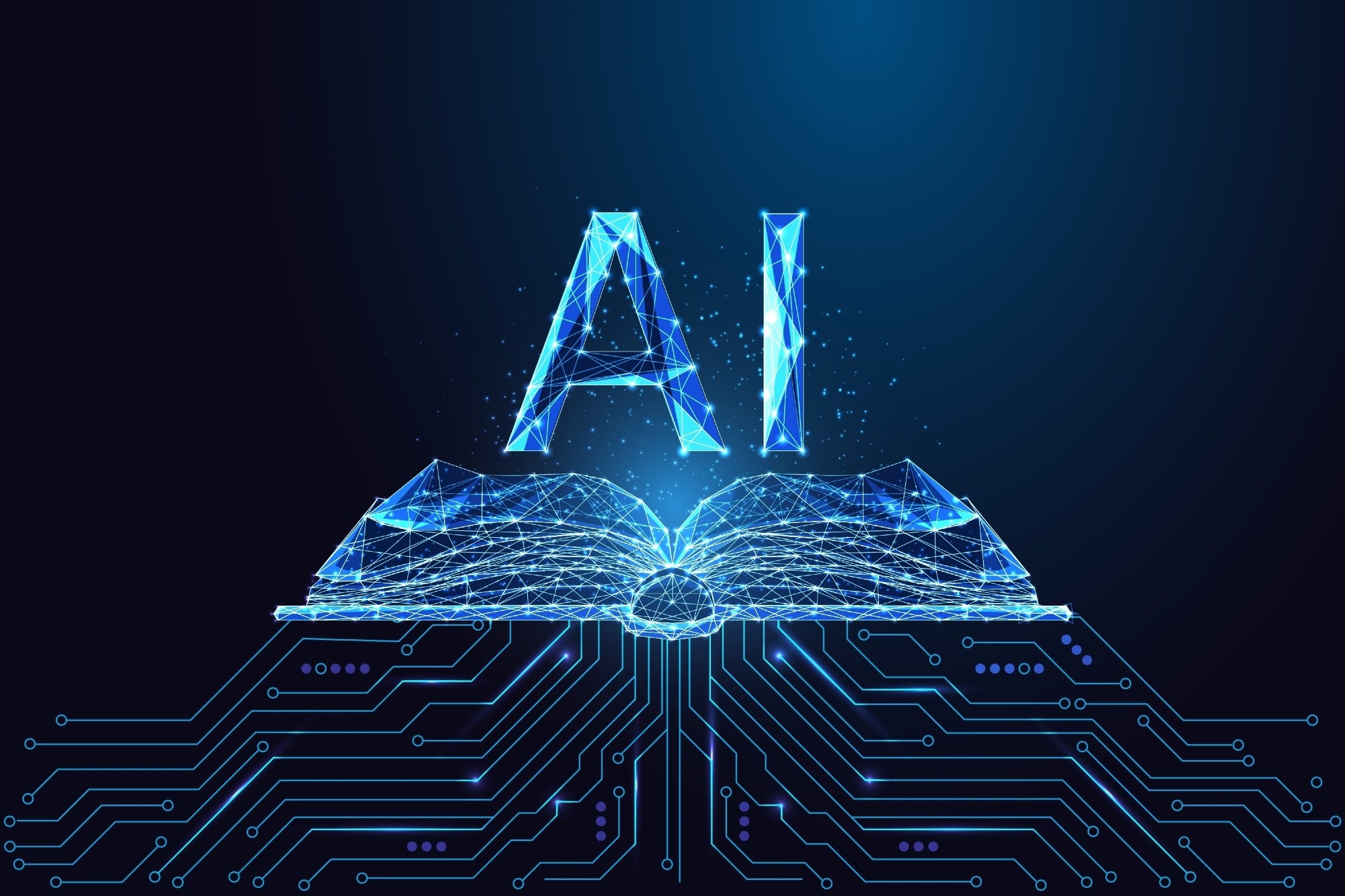As AI reshapes the world, scholars warn that only a bold reinvention of educational research can keep it relevant, impactful, and ethically grounded.

Research: The Death and Rebirth of Research in Education in the Age of AI: Problems and Promises. Image Credit: Inkoly / Shutterstock
A groundbreaking article published in the journal ECNU Review of Education argues that traditional educational research has reached a breaking point and must be reimagined in the era of artificial intelligence (AI). Titled "The Death and Rebirth of Research in Education in the Age of AI: Problems and Promises," the article by University of Kansas scholars Yong Zhao, Neal Kingston, and Rick Ginsberg identifies long-standing problems with educational research and outlines a vision for its rebirth in an AI-driven world.
Long-Standing Issues in Educational Research
Despite an estimated 140,000 educational research articles being published annually, the authors note that the field has had limited impact on policy and practice. They attribute this disconnect to several entrenched problems, including flawed and biased peer review, quantification bias, and the misuse of statistics, as well as entrenched "paradigm wars" between research methods and overgeneralization across diverse contexts. In addition, the neglect of individual learner diversity, limited educational imagination, and a narrow focus on standardized outcomes further constrain the influence of academic research on real-world practice and policy.
AI as Both Disruptor and Opportunity
With the rise of generative AI, these problems are magnified. The rapid evolution of AI tools destabilizes traditional assumptions of stable treatments, linear causality, and human-centered cognition, making much of today's research obsolete before it can be published. At the same time, AI creates unprecedented opportunities for participatory, iterative, and systems-oriented research—but only if scholars embrace new epistemologies and methodologies.
Reimagining Research for the AI Era
"Educational research cannot simply optimize old methods for a new era. It must undergo an epistemological rebirth," said co-author Yong Zhao. "AI challenges us to rethink not only how we do research, but also what education itself is for in a world where machines can outperform humans on many cognitive tasks."
Calls for Innovation and Ethical Vigilance
The article calls for a shift toward methodological pluralism, ethical vigilance, and epistemological innovation. It urges researchers to adopt design-based, complexity-informed, and futures-oriented approaches that account for human–AI collaboration, distributed cognition, and equity concerns.
This work contributes to the growing international debate about how education, and the research that guides it, must adapt in response to the accelerating disruptions of artificial intelligence.
Source:
Journal reference: